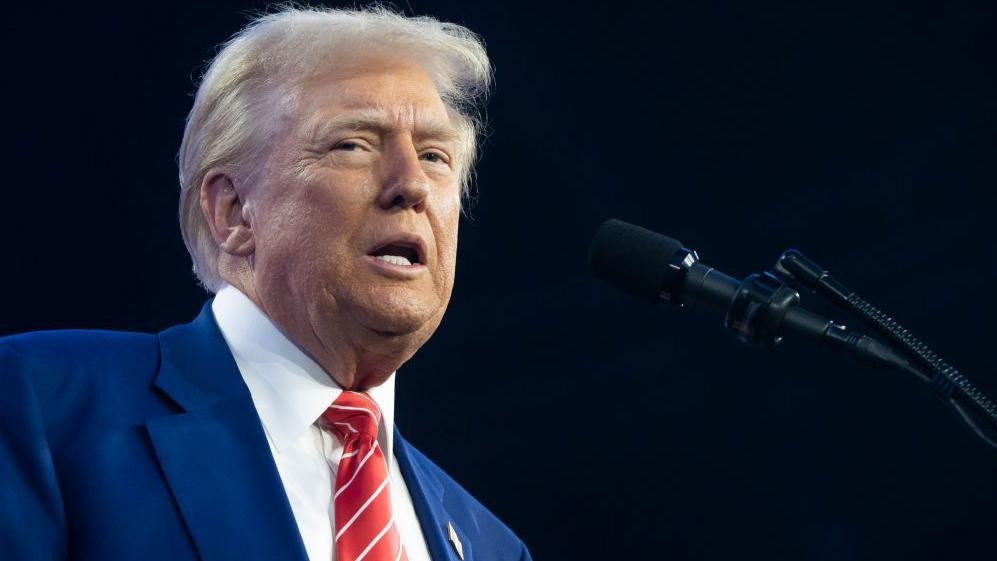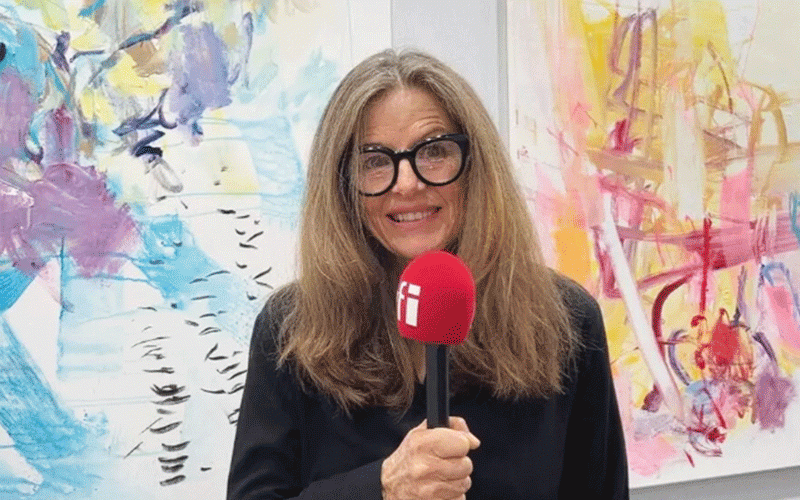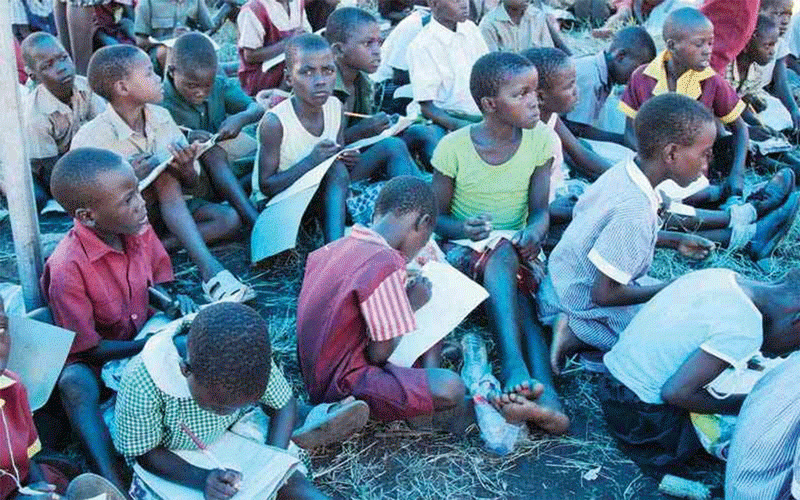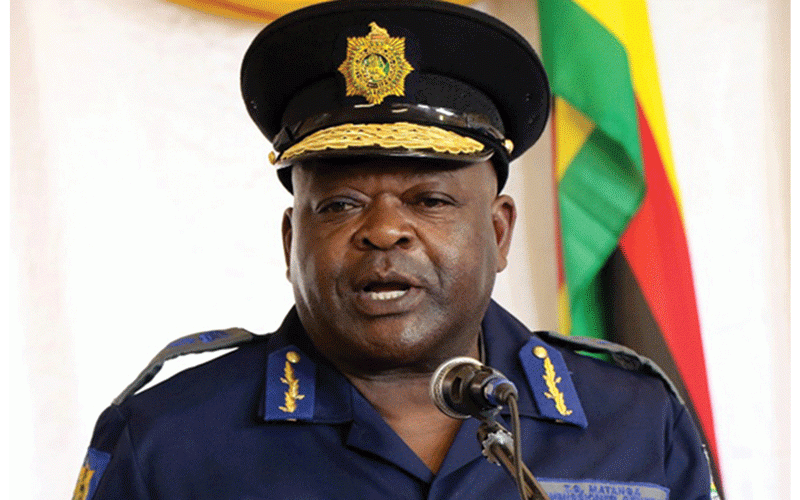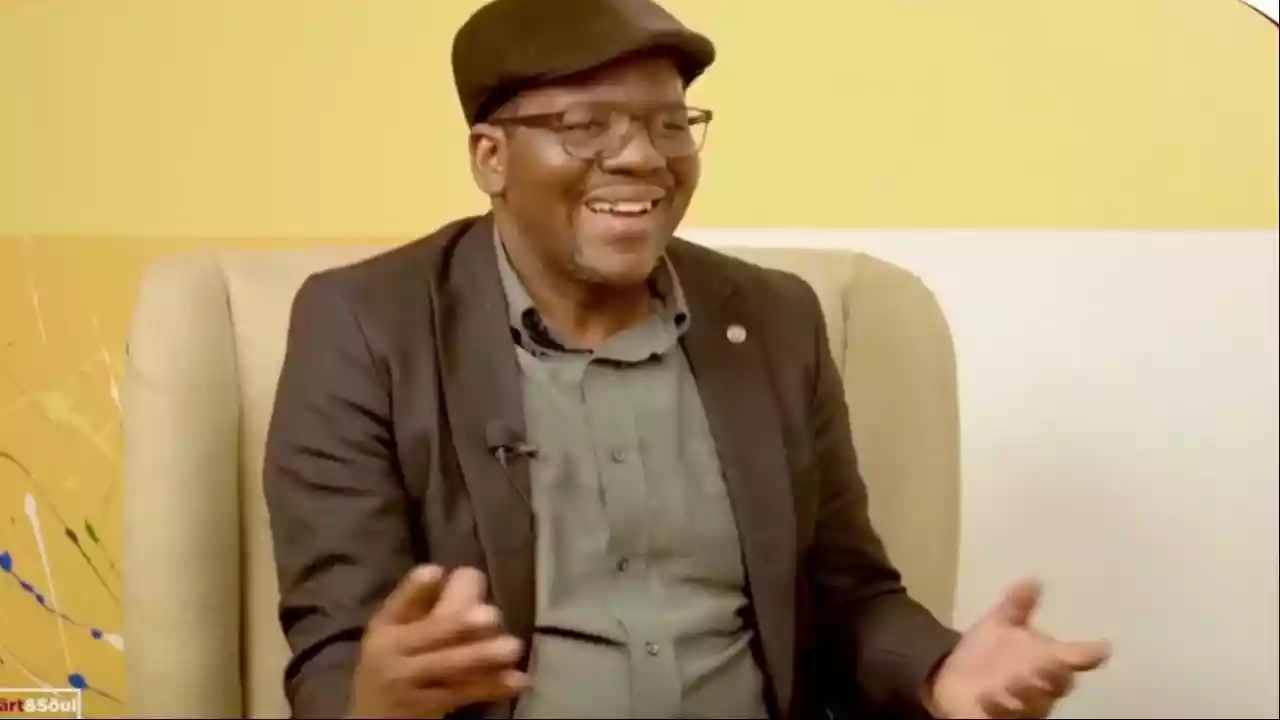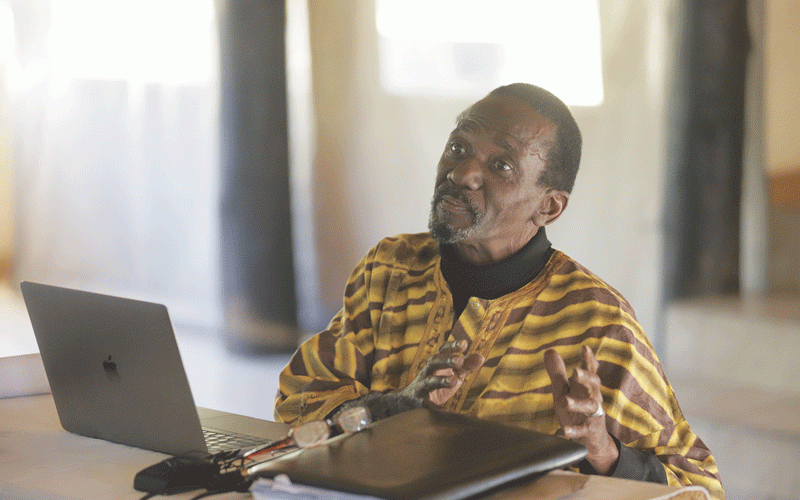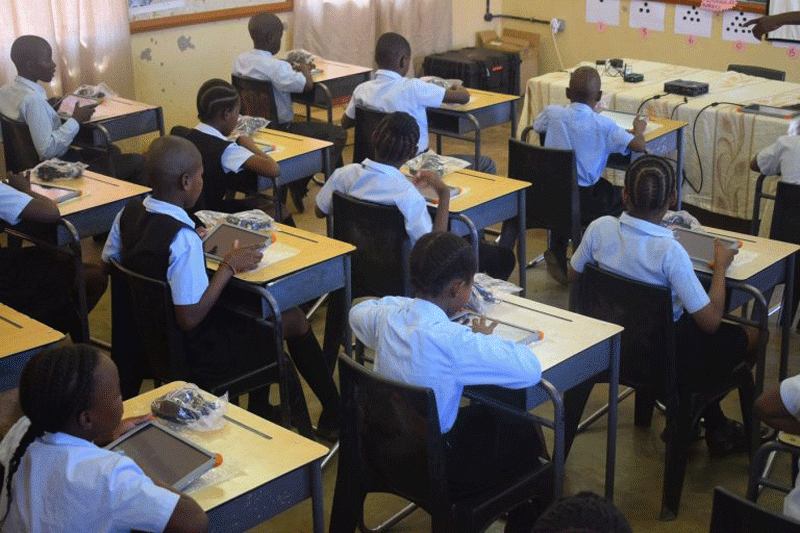
UNICEF country representative Tajudeen Oyewale has urged government to ensure that all children access basic education by investing more into the sector.
In a statement yesterday to commemorate the International Day of Education, Oyewale said to support the country’s education sector, educationists Robert Jenkins, Unicef director for education and adolescent development and David Morley, chief executive officer of Unicef Canada are in the country to meet Primary and Secondary Education ministry officials, education partners, donors and learners to better understand the education environment in Zimbabwe.
“Zimbabwe has a high net enrolment ratio in primary school. Nine out of 10 children of primary level are in school. This is among the highest enrolment rates in primary school on the African continent. This figure has remained stable in the last decade, which is a remarkable accomplishment. But our shared ambition is to do even more and reach universal enrolment of children in primary school,” Oyewale said.
He said the United Nations Convention on the Rights of the Child highlights access to free primary education as a fundamental right of every child.
He said Unicef in partnership with the Primary and Secondary Education ministry and the Zimbabwe Economic Society, will today organise a high-level policy dialogue on education financing.
Meanwhile, teachers’ unions have decried the dire state of the education sector.
Amalgamated Teachers’ Union of Zimbabwe president Obert Masaraure said: “We have, however, witnessed neglect of education, with mass dropouts of learners as government has failed to meet the mandate of State-funded education. Our government has failed to remove the barriers to education. There is also underpayment of teachers, which is a serious challenge to access to education. Teachers spend little time in the classroom complaining of underpayment. We understand 224 students are out of school today, which is a serious embarrassment.”
Progressive Teachers Union of Zimbabwe president Takavafira Zhou said: “There is nothing to celebrate in Zimbabwe because education has become a preserve of the rich with many children dropping out of school. The budget allocation for Primary and Secondary Education at 14% of the total budget falls far short of the 2002 Dakar Framework agreement by African countries that stipulated that such a budget must be above 20% of the total budget.
- MAYO advocates for inclusive education
- MAYO advocates for inclusive education
- Govt pleased with teacher turnout, but ...
- Teacher shortage hits rural schools
Keep Reading
“Free education entails allocating US$50 per term for each of the 5,7 million pupils. It therefore remains a pipe-dream in Zimbabwe.”
Zimbabwe Women Against Corruption Trust, in its report, said the level ofinequality between learners from poor families and those from richer ones was widening.
“Attention is being given to those who afford paying and those who can't afford are being deprived equal access to qualityeducation. Parents are left at the mercy of these teachers as they will be forced to make informal payments (for extra lessons),” the report read. -Follow us on Twitter @NewsDayZimbabwe

